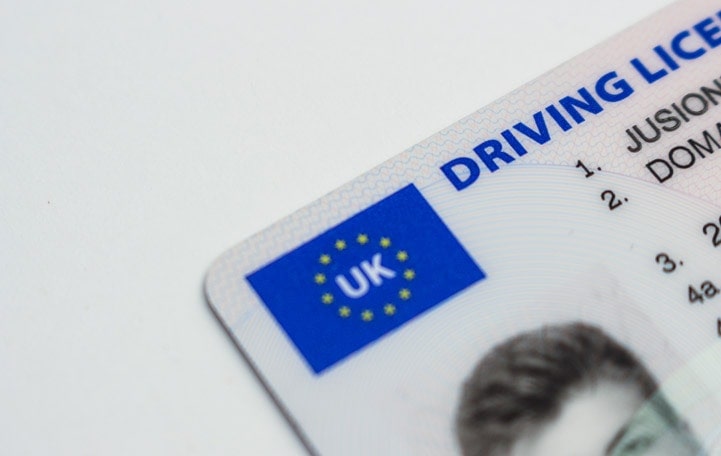
6 ways the DVSA can support learner drivers
The DfT is set to make dramatic changes to the driving test system, so as a learner driver I have taken particular interest in the proposals. From finding an instructor, sourcing study material, booking my tests and managing costs, I have felt a distinct lack of contact and interest from the DVSA.
So as the system is set to be part-privatised as part of a scheme to improve pass rates and speed up test waiting times, here are some ways that the DVSA could better support new drivers and get us on the roads more quickly.
• Reaching out. By contacting new learner drivers directly as they become eligible for a provisional licence, new ‘customer’ uptake should increase through proactive engagement, as learner drivers feel immediate contact with the learning authorities.
• Guidance. The Government approach is currently very hands-off with almost all responsibility lying with the instructors. Learners lose time and incur costs when met with unexpected delays due to poor planning. By developing an online progress tracker, learners could map their steps on a timeline which alerts them to apply for a provisional licence, books lessons and book their tests, helping them to be more organised where some instructors fail to inform.
• Costs. Learning to drive is very costly for any young person, on average costing over £1,000, so offering funding schemes for those in financial difficulty would help them achieve the independence and mobility that benefits any adult, working life.
• Education. There’s a lot to take in when you’re learning to drive, and there are many ways that the DVSA could help learners to access information, through events, a wide variety of apps, or school visits rather than relying purely on online resources.
• Missing information. Learning to drive is simply the first step to becoming a motorist. Post-test we have a lot of decisions to make and the next generation of drivers is set to be more money savvy and environmentally conscious. We want to know which cars are right for us, ways we can reduce our carbon footprint, and how we can manage the many costs associated with car ownership.
• Human lives are in our hands. Young drivers (17-24 years old) are at a much higher risk of crashing than older drivers. Drivers aged 17-19 only make up 1.5% of UK licence holders, but are involved in 12% of fatal and serious crashes. The priority for all testing bodies and learner agencies should be to communicate effectively on road safety and deliver further advice and guidance beyond passing the test, rather than relying on charities and not-for-profit organisations.
As in any business, or as with any product to sell, effective communication and an awareness of consumer needs and behaviour are essential for a successful system. If you’re looking for advice on how to reach audiences, better service your customers, or improve your communications, feel free to contact us to speak to one of our consultants.
You can call us on 01926 832395, email us at hello@redmarlin.co.ok, or tweet @redmarlinpr.



